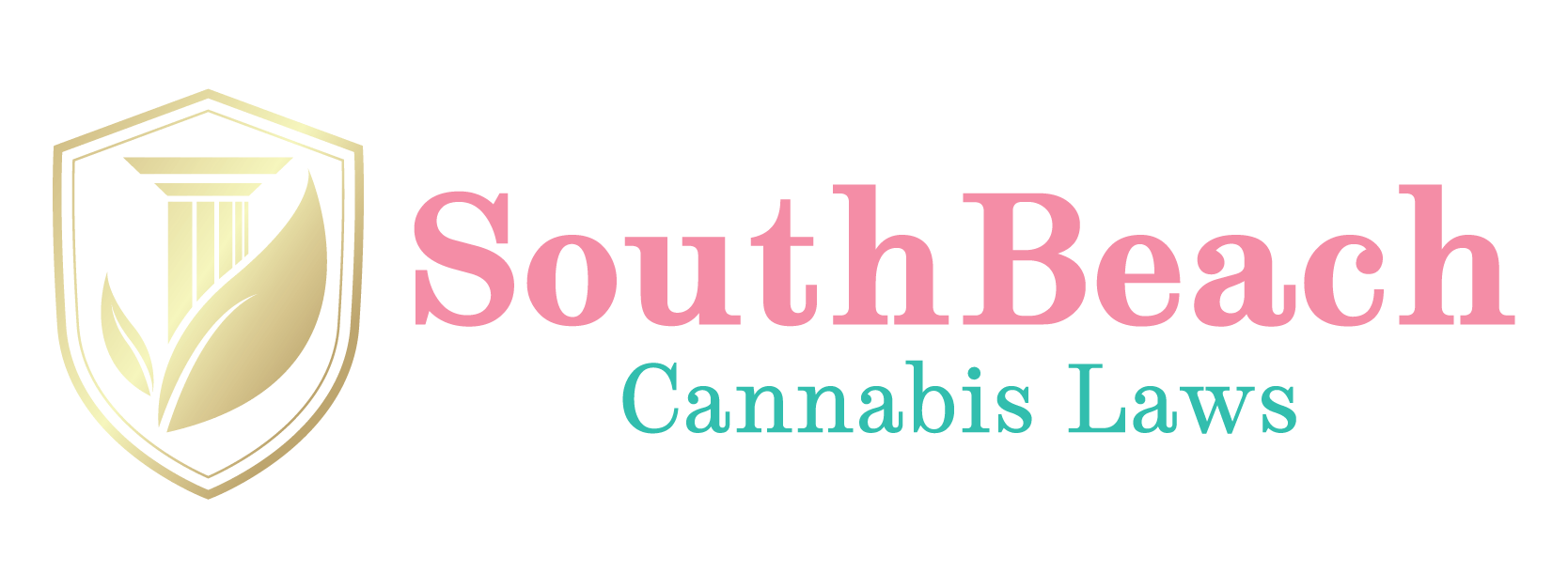Florida’s hemp sector is bracing for impact after Congress approved a federal crackdown on intoxicating hemp products, a move industry advocates warn could upend thousands of small businesses statewide. The new rules, folded into the bill to reopen the federal government and signed this week, keep hemp’s 0.3 percent THC-by-dry-weight definition but cap total THC in consumer products at 0.4 milligrams per container and ban most synthesized or intoxicating cannabinoids such as delta-8 THC. Nationally, analysts estimate the hemp-derived cannabinoid market at roughly $28 billion and more than 300,000 jobs, with THC-infused beverages alone generating about $1 billion in annual sales—revenue critics say could shrink dramatically under the new limits.
Florida has more to lose than most. The state’s hemp industry has been valued anywhere from $370 million and 9,000 jobs earlier in the decade to more than $10 billion in annual sales and 100,000-plus workers as the market exploded. Thousands of retailers, smoke shops, and wellness brands now rely on CBD, delta-8, and hemp seltzers that skirt traditional marijuana laws.
Those products exist because of a gray area opened by the 2018 Farm Bill, which legalized hemp but not marijuana. Companies used that gap to sell intoxicating cannabinoids derived from hemp so long as each product stayed under the 0.3 percent delta-9 THC threshold. The Drug Enforcement Administration has been narrowing that loophole, most recently declaring that THCA—a precursor that converts to delta-9 when heated—counts toward the THC limit. The new federal law goes further, effectively making most psychoactive hemp items illegal, regardless of how they are labeled.
For Florida, the shift comes after years of tug-of-war in Tallahassee. State lawmakers passed SB 1698 in 2024 to ban delta-8 and tighten THC caps on hemp extract, but Gov. Ron DeSantis vetoed it, calling the bill a “debilitating” regulatory burden on small businesses. A follow-up push to restrict hemp products advanced again in 2025, only to stall amid heavy lobbying from shop owners and farmers who argued that hemp keeps their doors open while medical marijuana remains tightly licensed.
Those earlier battles now look like a prelude. The federal cap will apply in every state, limiting what Florida can do to shield its hemp economy. Trade groups warn that a 0.4-milligram THC ceiling could wipe out most hemp beverages, edibles, and vapes sold in convenience stores and beachside kiosks, while leaving only low-dose tinctures and topicals on the shelf. Business owners say they feel blindsided by the sudden shift from both Tallahassee and Washington. Supporters of the crackdown counter that unregulated hemp products have been too easy for teens to buy and often contain more THC than advertised.
Local governments are also watching closely. Cities that embraced hemp storefronts as job creators now face the prospect of boarded-up shops and shrinking sales tax receipts, particularly in coastal communities that marketed CBD and hemp beverages to tourists. What comes next may depend on whether Congress revisits the rules or carves out room for regulated, age-gated hemp products. For now, Florida’s message to Washington is blunt: a crackdown aimed at bad actors risks sweeping up an entire homegrown industry with it.
